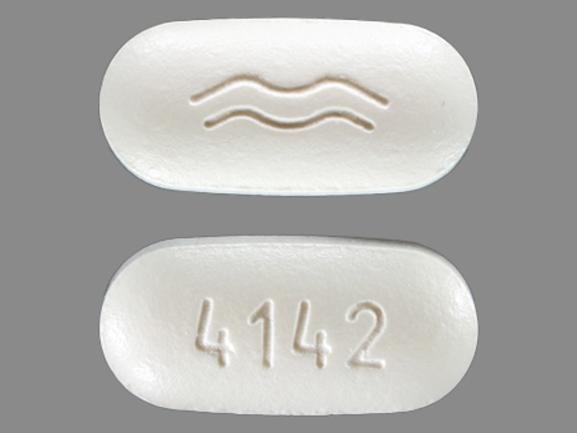Dronedarone Dosage
Medically reviewed by Drugs.com. Last updated on Apr 16, 2024.
Applies to the following strengths: 400 mg
Usual Adult Dose for:
Additional dosage information:
Usual Adult Dose for Atrial Fibrillation
400 mg orally 2 times a day with a meal
Use: To reduce the risk of cardiovascular hospitalization in patients with paroxysmal or persistent atrial fibrillation (AF) or atrial flutter (AFL), with a recent episode of AF/AFL and associated cardiovascular risk factors (i.e., age greater than 70 years, hypertension, diabetes, prior cerebrovascular accident, left atrial diameter 50 mm or more, or left ventricular ejection fraction [LVEF] less than 40%), who are in sinus rhythm or who will be cardioverted.
Usual Adult Dose for Atrial Flutter
400 mg orally 2 times a day with a meal
Use: To reduce the risk of cardiovascular hospitalization in patients with paroxysmal or persistent atrial fibrillation (AF) or atrial flutter (AFL), with a recent episode of AF/AFL and associated cardiovascular risk factors (i.e., age greater than 70 years, hypertension, diabetes, prior cerebrovascular accident, left atrial diameter 50 mm or more, or left ventricular ejection fraction [LVEF] less than 40%), who are in sinus rhythm or who will be cardioverted.
Renal Dose Adjustments
No adjustment recommended.
Liver Dose Adjustments
Mild to moderate liver dysfunction: No adjustment recommended
Severe liver dysfunction: Contraindicated
Precautions
US BOXED WARNINGS:
- HEART FAILURE: Dronedarone is contraindicated in patients with symptomatic heart failure with recent decompensation requiring hospitalization or NYHA Class IV heart failure. Dronedarone doubles the risk of death in these patients.
Safety and efficacy have not been established in patients younger than 18 years.
Consult WARNINGS section for additional precautions.
Dialysis
Data not available
Other Comments
Administration advice:
- Administer with food.
- Grapefruit juice should be avoided.
Monitoring:
Cardiovascular: Periodic assessment of heart failure risks or worsening of preexisting NYHA Class I heart failure.
Hepatic: Liver function tests should be performed at baseline and periodically during treatment.
Metabolic: Potassium or magnesium deficiency should be corrected prior to starting treatment.
Renal: Serum creatinine should be monitored prior to and 7 days after treatment initiation.
General: Doses greater than 400 mg daily are not considered more effective and are less well tolerated.
More about dronedarone
- Check interactions
- Compare alternatives
- Reviews (53)
- Side effects
- During pregnancy
- Drug class: group III antiarrhythmics
- En español
Patient resources
Other brands
Professional resources
Other brands
Related treatment guides
Further information
Always consult your healthcare provider to ensure the information displayed on this page applies to your personal circumstances.

